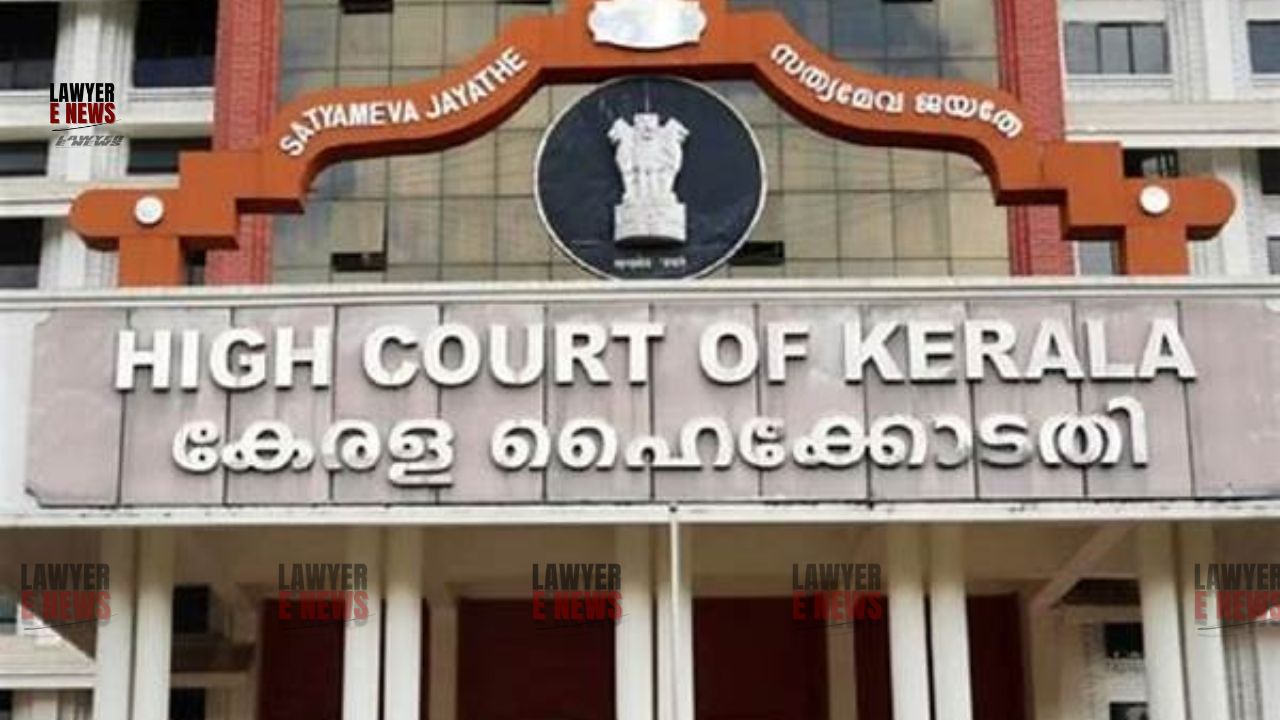-
by Admin
15 February 2026 2:16 AM



Kerala High Court, in the case of K.V. Madhusudhanan & Ors. vs. Aby Sunny & Ors., upheld the trial court's decision, dismissing the defendants' appeal. The case revolved around a suit for specific performance of a sale agreement, where the plaintiffs sought the execution of the sale deed for property located in Ernakulam district. The Court confirmed the trial court's judgment, which ordered the return of the advance sale consideration to the plaintiffs instead of enforcing specific performance.
The dispute arose from a sale agreement executed on November 11, 2011, between the plaintiffs and the defendants. The property involved was 79.4 cents, with a total sale consideration of ₹80,000 per cent. The plaintiffs paid an advance of ₹4,500,000 on the date of the agreement. However, the property was under attachment by a court order, and despite additional payments, including ₹2,000,000 provided as a loan to lift the attachment, the defendants did not fulfill their part of the agreement.
The defendants later agreed to sell a portion of 8.25 cents, but when the parties attempted to register the sale deed, the Sub Registrar refused due to the attachment. Following this, relations between the parties soured, leading to the current legal battle.
The plaintiffs sought specific performance, or alternatively, the return of the advance payments. The trial court ruled in favor of the plaintiffs, granting the alternative relief of returning the advance, which the defendants appealed.
The primary legal question before the Kerala High Court was whether the sale agreement (Exhibit A1) was valid and enforceable. The defendants contended that they never executed any sale agreement and that the plaintiffs had fraudulently created the agreement using signed blank papers obtained during earlier financial transactions. The defendants also filed a counter-claim seeking the return of documents they had allegedly given as security.
The plaintiffs, on the other hand, argued that the sale agreement was genuine and that they had paid a substantial portion of the sale consideration, including additional amounts to lift the property's attachment.
The High Court scrutinized the evidence and found the defendants' claims of fraud lacking substance. The court noted that the defendants had failed to provide a reasonable explanation for their signatures on the sale agreement and related documents, which included endorsements acknowledging receipt of money. The court observed:
“The defendants made an endorsement for the receipt of ₹700,000 on 28.11.2011, and there was no specific denial of the same in the written statement.”
The court also considered that the defendants did not dispute their signatures on the sale deed prepared in January 2012, reinforcing the plaintiffs' claims that the agreement was genuine.
Furthermore, the defendants' argument that the agreement was fabricated using blank papers signed during chit fund transactions did not hold up. The court emphasized that the chit transactions concluded by 2010, and the agreement in question was executed in 2011, making the defendants' theory improbable.
The Kerala High Court upheld the trial court's findings, ruling that the plaintiffs’ case was more credible. The court found no valid grounds to interfere with the lower court's decision, which had already exercised its discretion in refusing specific performance while ordering the return of the advance sale consideration.
Date of Decision: October 1, 2024
K.V. Madhusudhanan & Ors. vs. Aby Sunny & Ors.
